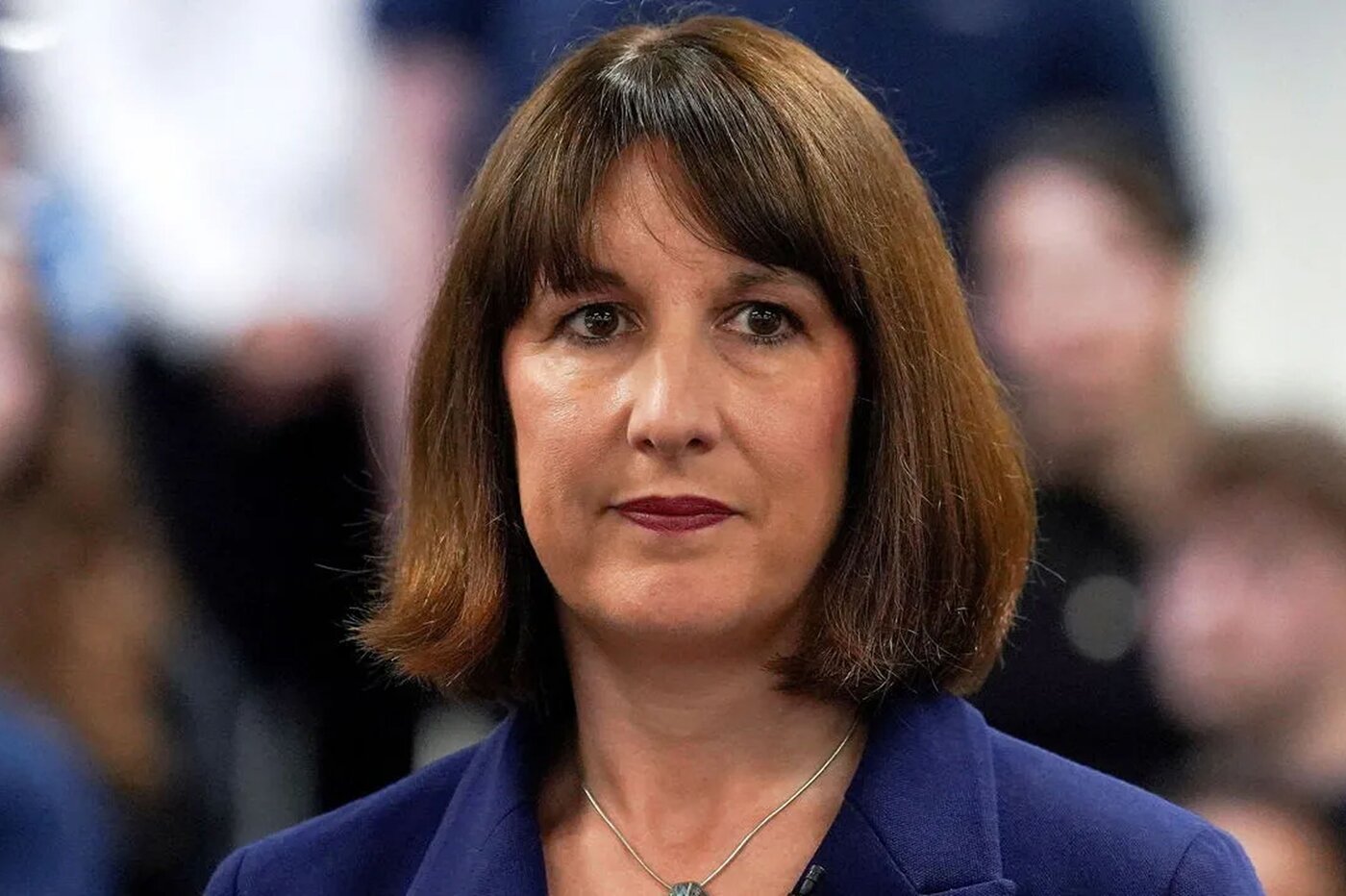Introduction
Amid mounting fiscal pressures, the Labour government is reportedly reviewing a range of tax options for the upcoming Autumn Statement, including the prospect of raising income tax rates. Chancellor Rachel Reeves is scheduled to deliver the Autumn Statement on 26 November. While official plans remain undisclosed, rising public spending demands and a challenging economic outlook have prompted speculation that increases in major HMRC-administered taxes may be considered. This possibility has generated anxiety among taxpayers and business leaders, who warn of the implications of further tax burdens.
Autumn Statement tax considerations
The forthcoming Autumn Statement is expected to address significant budgetary challenges confronting the UK government. With fiscal headroom constricted by sluggish growth and persistent demands on public services, analysts suggest the Treasury could look to higher taxes for additional revenue. Although no formal proposal has been confirmed, discussions among experts and stakeholder groups have increasingly referenced the main rates of income tax as a potential lever for raising funds.
Historical context of income tax rates
A direct increase in the main rate of income tax would mark the first such adjustment since 1975, when Denis Healey held the post of Chancellor. In recent decades, successive governments have generally favoured limiting direct tax rises, opting instead for adjustments to allowances, thresholds, or indirect taxes. The historical sensitivity of headline income tax rates underscores the potential significance of any such change this autumn.
Expert commentary on income tax options
Iona Martin, tax partner at accountancy firm Bishop Fleming, observed that an income tax rise—once considered “politically unthinkable”—is now being discussed within mainstream policy circles. Martin explained, “If the funds are needed and spending cannot be cut, then an income tax rise seems increasingly likely.” She also highlighted the possibility that an increase in income tax rates could be counterbalanced by a cut to employee National Insurance contributions. However, Martin noted that the political appetite for such measures remains uncertain.
Debate over tax system complexity
Martin further commented on the merits of direct income tax changes over more complex tax adjustments, stating, “There is an argument that an increase in the rate of income tax is potentially better than complicating the tax system further with changes in obscure areas.” Critics of previous tax reforms have argued that efforts to avoid raising headline rates have led to a system that is increasingly difficult for businesses and individuals to navigate.
Wider speculation on tax reforms
Beyond income tax, ongoing speculation surrounds a wider range of possible fiscal measures. Sarah Beale, Chief Executive Officer of the Association of Accounting Technicians, commented, “There is already plenty of speculation about changes to gambling taxes, capital gains tax rates, and inheritance tax exemptions, alongside talk of staggering stamp duty payments to stimulate the property market.” According to Beale, the government’s recent statements that “personal tax rises cannot be ruled out” have heightened uncertainty among the public and the business community.
Final Summary
As Chancellor Rachel Reeves prepares to outline the government’s fiscal plans in the Autumn Statement, the prospect of an income tax rise remains a contentious issue. While direct tax increases would represent a notable policy shift, they are now under consideration given challenging public finances and limited scope for spending reductions. Tax experts suggest such measures could provide clarity and stability, but warn against further complicating the tax regime. The coming weeks are likely to see continued debate over the balance between fiscal responsibility, economic growth, and fairness in the UK tax system. Readers seeking clear updates on tax policy developments may find the Pie app a useful resource for tracking fiscal news.











